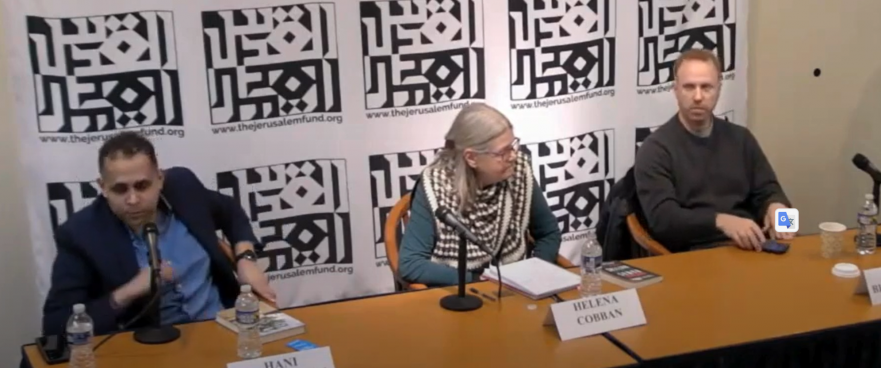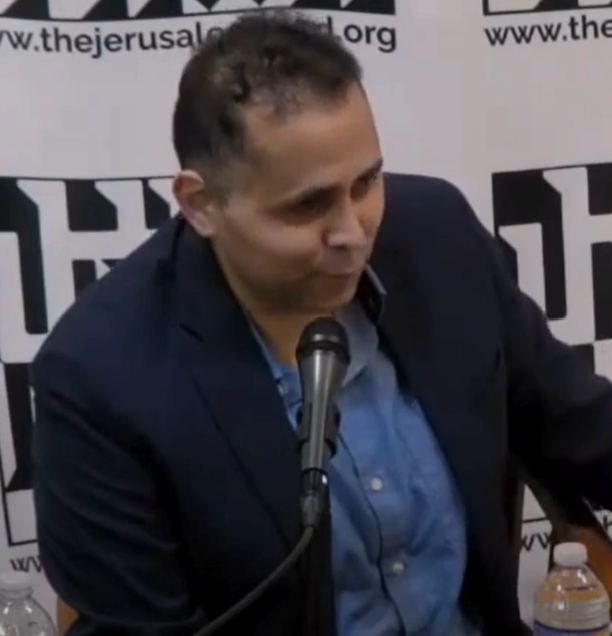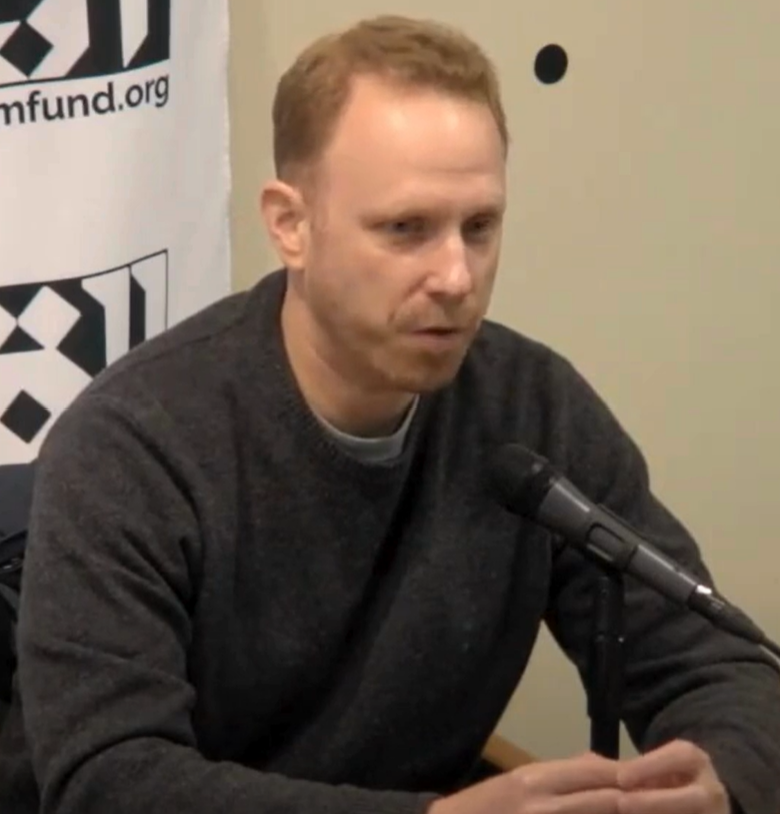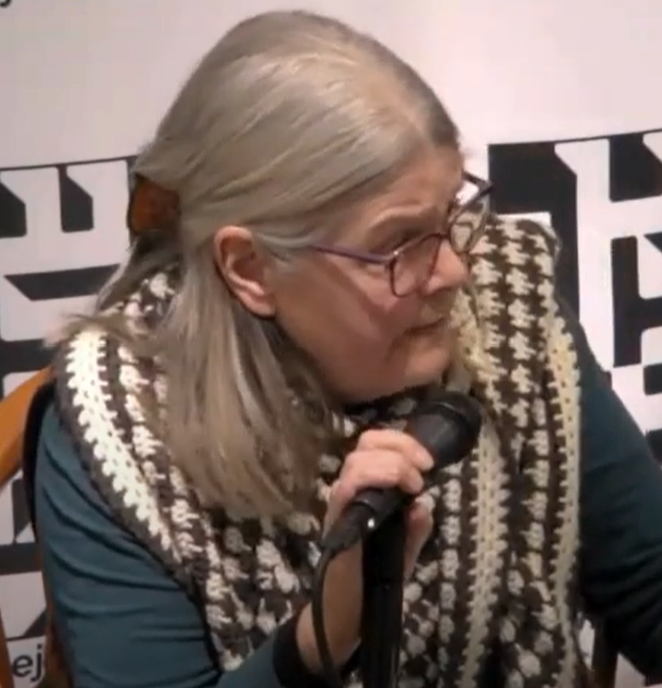The Jerusalem Fund & Palestine Center recently hosted a compelling event titled “Ceasefire in Gaza: Challenges and Struggles Ahead,” bringing together three distinguished speakers: Hani Almadhoun, Max Blumenthal, and Helena Cobban. The discussion explored the humanitarian, political, and geopolitical consequences of the ceasefire in Gaza, reflecting on the immense challenges Palestinians continue to face. The panelists provided firsthand insights into the devastation, the international response, and the broader implications of Israel’s actions in the region.
Hani Almadhoun, Senior Director of Philanthropy at UNRWA USA, shared harrowing accounts of life on the ground in Gaza. He described the dire humanitarian crisis, detailing how families struggled with displacement, hunger, and lack of medical care. He spoke about initiatives like the Gaza Soup Kitchen, which emerged as a grassroots response to the widespread starvation caused by the war. Max Blumenthal, an American journalist and editor-in-chief of The Greyzone, provided a scathing critique of the U.S. government’s role in prolonging the conflict and examined how political maneuvering influenced the ceasefire negotiations.
The event also featured Helena Cobban, President of Just World Educational, who offered an in-depth analysis of the wider geopolitical context surrounding the ceasefire. She argued that the resistance in Gaza was not crushed despite Israel’s massive military onslaught. Instead, she highlighted the resilience and organization of Palestinian society, emphasizing how community efforts, including grassroots humanitarian work, played a critical role in keeping Gaza’s social fabric intact. She also pointed out that while Western narratives focused on Hamas, the broader Palestinian resistance included multiple factions operating under a unified strategy.
Cobban further examined the regional implications of the ceasefire, noting that Israel’s military actions extended beyond Gaza to Lebanon, Syria, and Yemen. She discussed the role of the U.S., Egypt, and Qatar in monitoring the ceasefire, raising concerns about whether Israel would adhere to its commitments or continue violating agreements, as it had done in the past. She also highlighted how global public opinion had shifted dramatically due to the live-streamed nature of the war, sparking international condemnation of Israel’s actions and strengthening solidarity movements worldwide.
A significant portion of Cobban’s remarks focused on the future of Gaza’s reconstruction, warning that previous rebuilding efforts had been tightly controlled by Israel, benefiting its economy while keeping Gaza under siege. She stressed that this time must be different—the international community must ensure that Palestinians lead the rebuilding process, free from Israeli interference. She argued that the war had irreversibly exposed Israel’s apartheid policies, making it impossible to return to the status quo.
The discussion concluded with a call to sustain global pressure for Palestinian rights and an end to Israel’s control over Gaza. The speakers emphasized that the struggle for justice is far from over, and that international mobilization would be crucial in shaping the next phase of Palestinian resistance and reconstruction. The full recording of the event is available on YouTube for those who wish to engage further with the insights shared by the panelists.




